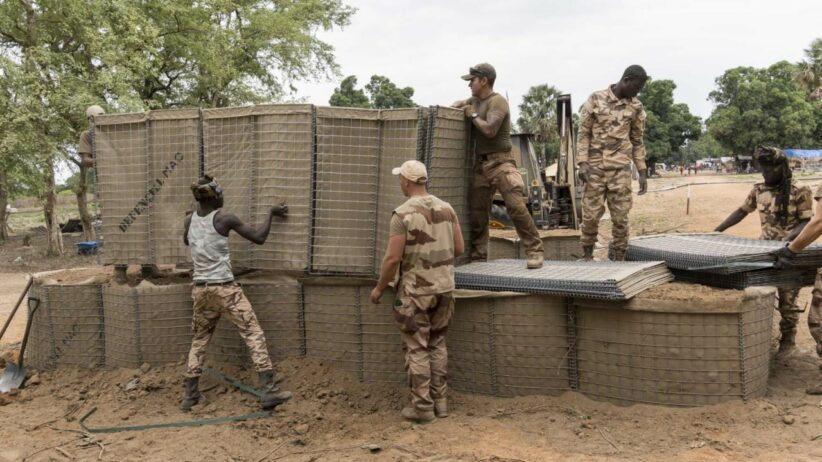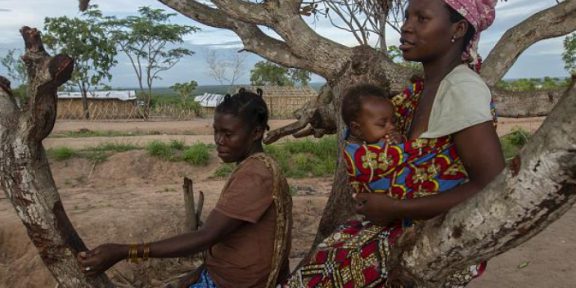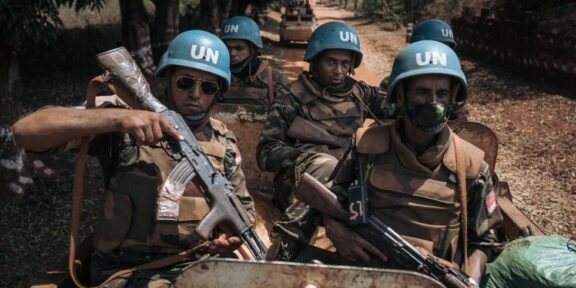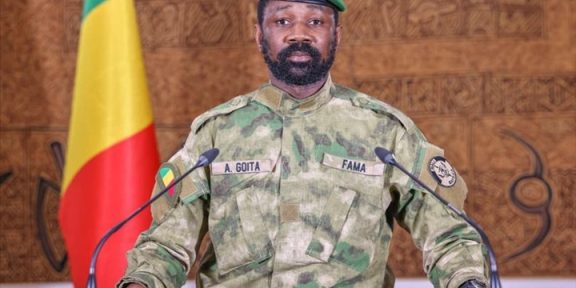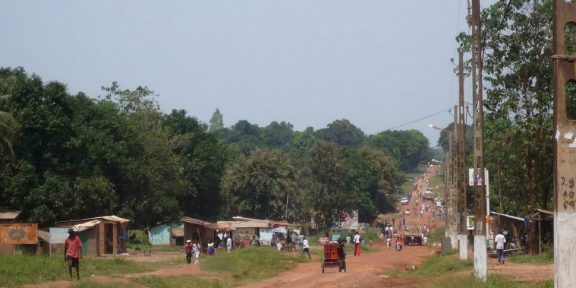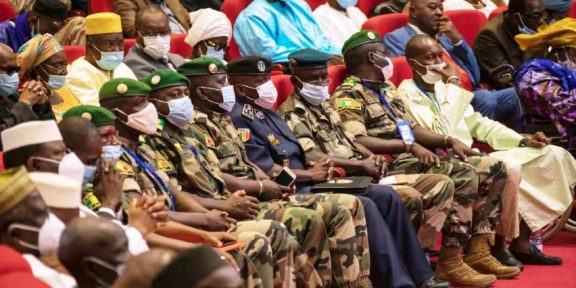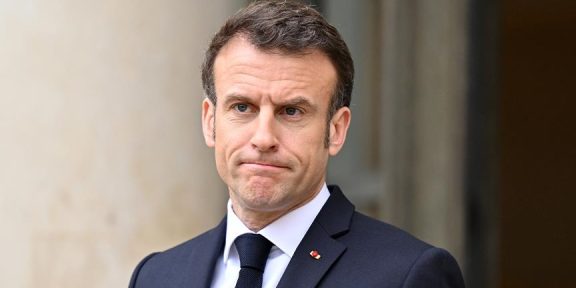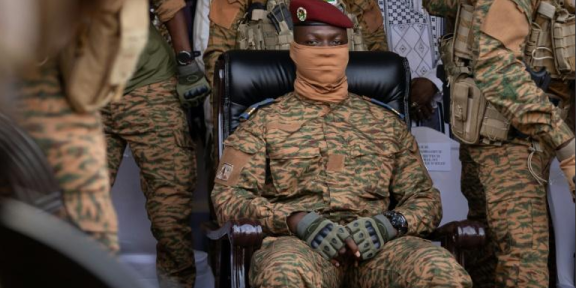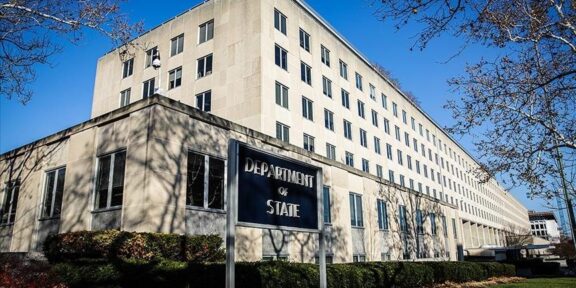France’s decision to reconsider its military strategy in Africa has sparked strong reactions and questions, especially in Côte d’Ivoire, where Ivorians are skeptical of the sincerity behind this initiative. Many perceive the announced withdrawal as a “masked reorganization” aimed at preserving French influence in the region in another form, rather than a genuine disengagement.
During the recent Defense Council meeting, France declared its intention to transfer control of some of its military bases to African governments, such as those of Senegal and Côte d’Ivoire. This transfer might appear to be a step towards autonomy for these states, but the establishment of new training centers and temporary detachments suggests a reorientation of French presence, rather than a full withdrawal. As one geopolitical expert explains, this strategy allows France to maintain a discreet hold on strategic countries while responding to international criticism.
Critics abound. Anti-French protests are growing across the African continent. In West Africa, leaders such as Burkina Faso’s transitional president, Ibrahim Traoré, have pointed fingers at Côte d’Ivoire, accusing it of serving as a base for destabilizing actions in the Sahel region. A recent video shows the arrest of an Ivorian non-commissioned officer near the Burkinabe border, accused of colluding with French elements to plan attacks. This incident has rekindled suspicions about Côte d’Ivoire’s role as a relay for French interests in the Sahel.
The Sahel States Alliance: A Counterweight to French Influence
In response, the Sahel States Alliance (AES), comprising Burkina Faso, Mali, and Niger, positions itself as a bulwark against French influence. Since its creation in 2023, the AES has pledged to ensure its security without relying on external interventions, showing promising results. Its members believe that their security is better preserved through an autonomous approach to regional defense, contrasting with French interventions, often criticized for their inefficiency.
Côte d’Ivoire: Moving Toward Security Autonomy
The issue of the French military presence in Côte d’Ivoire is particularly sensitive, with more and more Ivorians calling for the withdrawal of French troops. As the country prepares for the 2025 presidential elections, anti-French sentiment is growing among the population, who wish to take control of national security. An Ivorian citizen, having experienced the Ivorian crisis and its aftermath, expresses this desire for independence: “The presence of the French army brings us nothing. On the contrary, it drains our resources. In the Sahel and elsewhere, they are the ones fueling the conflicts. Today, I support Mali and Niger in their quest for independence.”
Other Ivorians share this view, believing that France uses its military presence to influence national decisions: “To me, it’s a way for France to secure a lasting foothold in our countries. They want to stay at the forefront and maintain control,” explains another resident of Abidjan.
National Pride and a Call for Emancipation
For many Ivorians, national security could now be guaranteed by local forces. “French bases in Côte d’Ivoire have become unnecessary. Our young, well-trained soldiers are capable of replacing the French army. We no longer need France,” argues one Ivorian citizen. Others see this military presence as an affront to sovereignty: “France meddles too much in our affairs. We are a sovereign state with our own independence, and we must move forward as an autonomous nation, free from foreign influence.”
With 2025 approaching, the issue of security autonomy has become a matter of national pride for a large segment of Ivorians. These opinions, gathered in the streets of Abidjan, reflect a shared sentiment: to achieve true sovereignty, it is not enough to reorganize foreign military presence—it must be eliminated. The debate over the continuation of French bases, and more broadly the French military presence in Africa, is set to be a pivotal issue in the upcoming elections, resonating beyond Côte d’Ivoire in other Sahel countries also aspiring to free themselves from foreign influence.

